[This week’s guest blog comes courtesy of Emily Russell, (Sustainability Champion for the Franklin-Wilkins Library). The views presented do not necessarily reflect those of King’s Sustainability]
[This is part of series of guest posts from Sustainability Champion teams, for more information about the scheme you can click here (Overview) and here (Summary of Awards evening).]
When I first heard about the sustainability workbook and audit my first thought was, ‘that sounds like a lot of work.’ The truth is we only had to make small changes to make our office more sustainable. To borrow a cliché, its small changes that can make a big difference. This June, I was proud to learn that those small changes earned the Franklin-Wilkins Library office a bronze in the annual sustainability awards.
As I ponder where to hang our lovely award, it’s also a great time to reflect on how we achieved it. While the sustainability workbook has its own headings, these are the three important messages I kept in mind when co-ordinating our workbook effort for bronze.
Educating
You cannot be sustainable all by yourself. Sustainability is a team effort, and you need the support of your colleagues. In order to educate my office about how they can be more sustainable, I use emails and posters. While completing the workbook this year we created a fun poster with a simple message about recycling. Using Star Wars characters (Yoda for recycle and Darth Maul for waste) we outlined to our colleagues about which bin they should use for specific waste. It helped to be specific about waste as not everyone is aware that you can’t recycle a crisp packet or that you can recycle a post-it note.
Recycling
As well as creating fun posters to educate our colleagues, we started putting our scrap paper to good use. In the library we have lots of printers and we frequently find abandoned paper from when students or staff print incorrectly. Usually this paper would go in the bin, but we’ve started collecting non-confidential paper that is only printed on one side and made it available to students to use for note-taking. It’s proved popular with our students, and now we aren’t handing out fresh computer paper each time someone needs to take a few notes.
Powering off
While working on the sustainability workbook I found an infographic that said if you power down your PC at night you will save enough energy to heat six microwave dinners. That’s quite a bit of power, but again, this is an easy change you can put in to practice straightaway.
Completing our sustainability workbook was not a hard task to complete and I think it’s important that we role model sustainable behaviour to our students. The workbook has also motivated me to make sustainable changes in my personal life and again, I have started with small changes.
I’m looking forward to working on the silver workbook soon!
If you would like more information about the Sustainability Champions scheme or about general sustainability concerns at King’s you can contact the Sustainability Team.


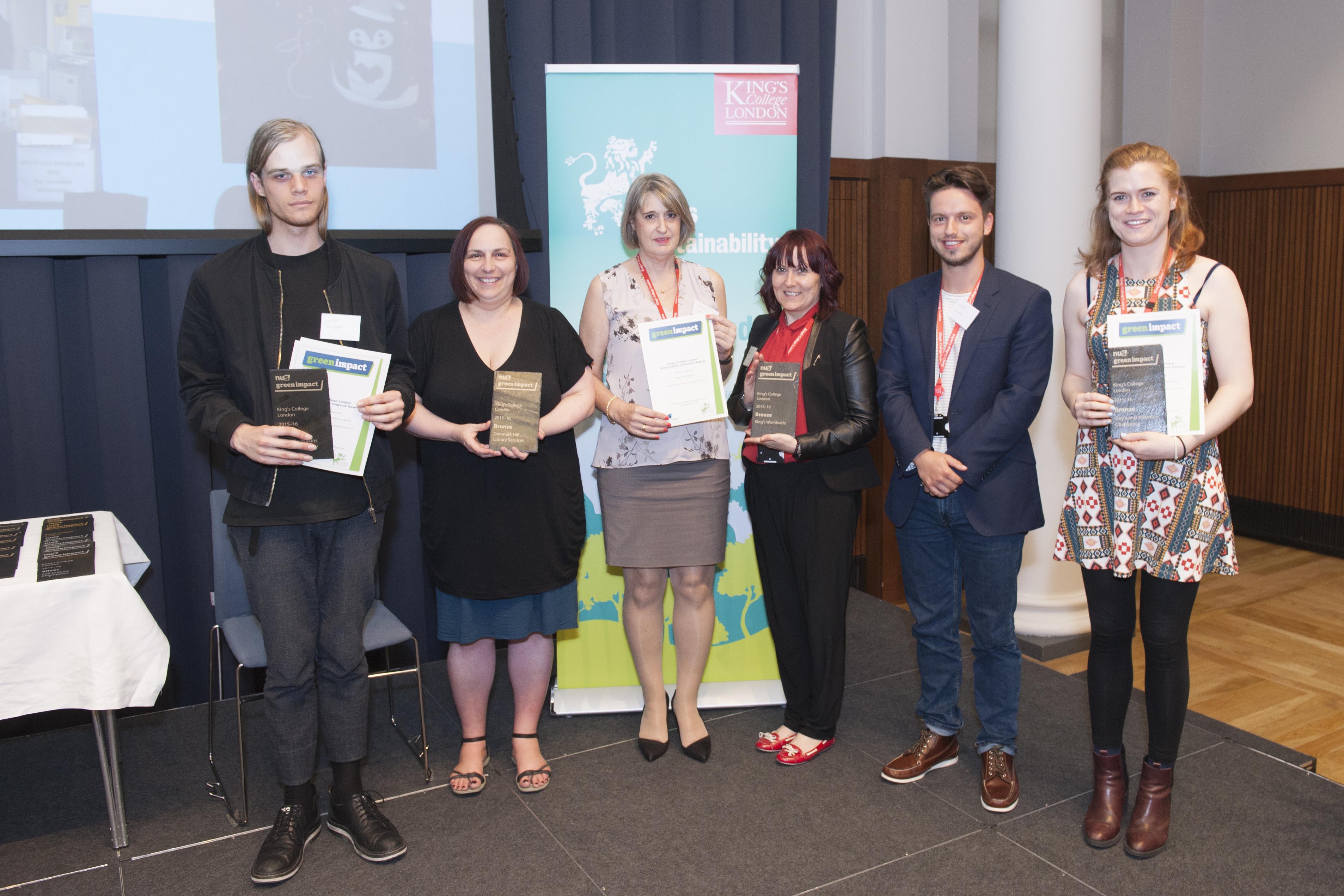

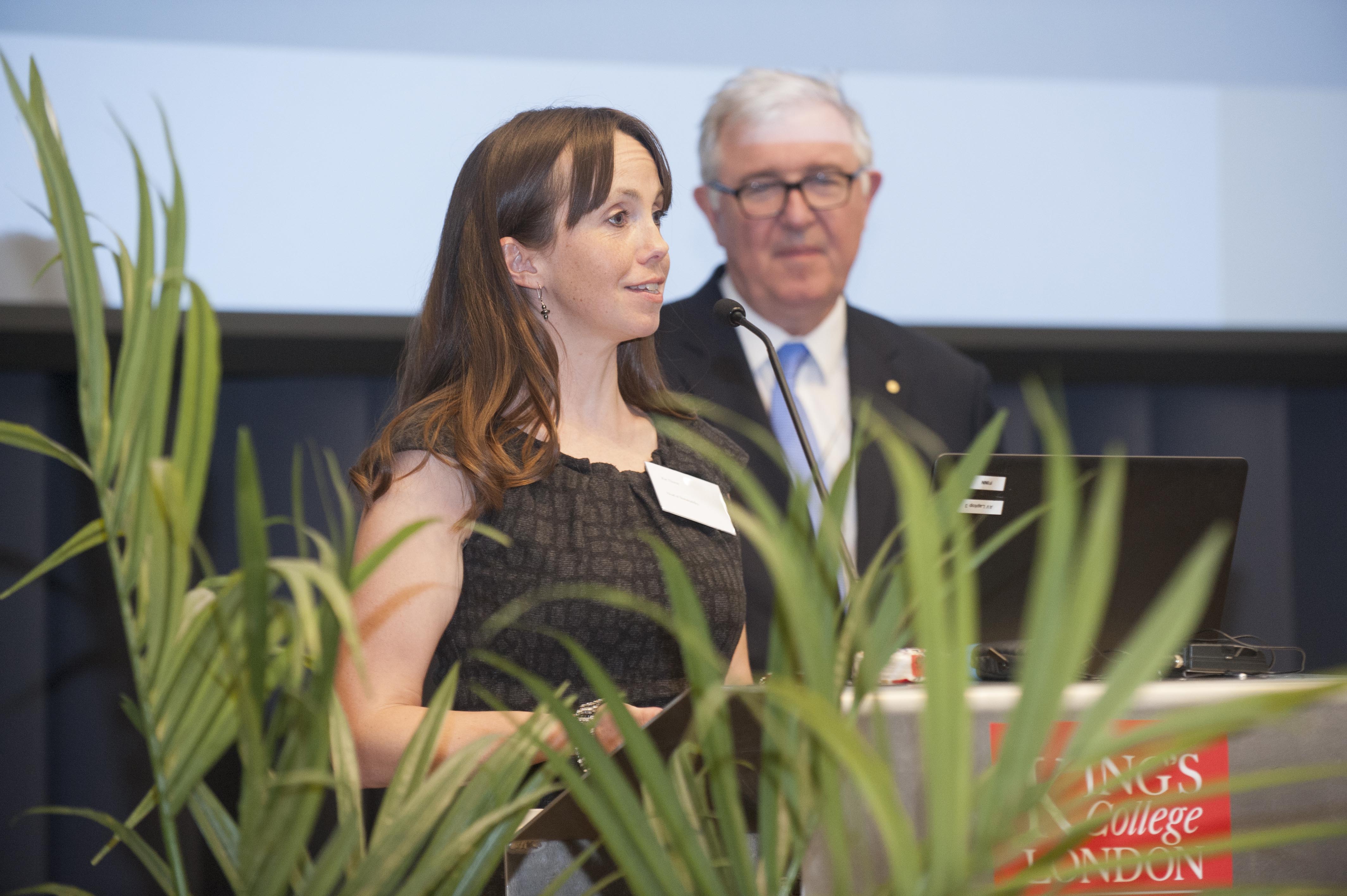

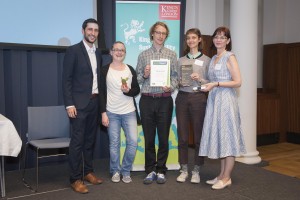

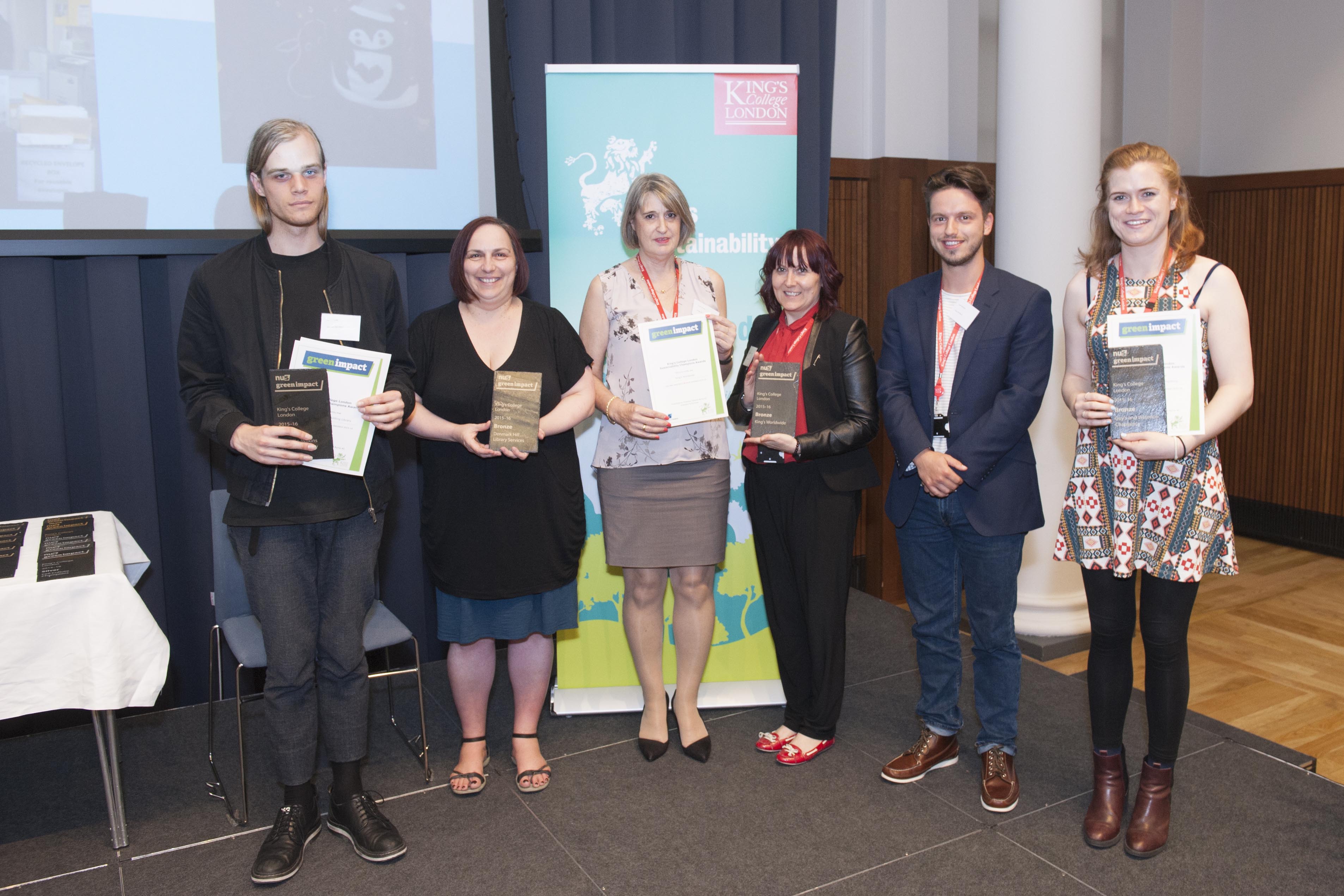

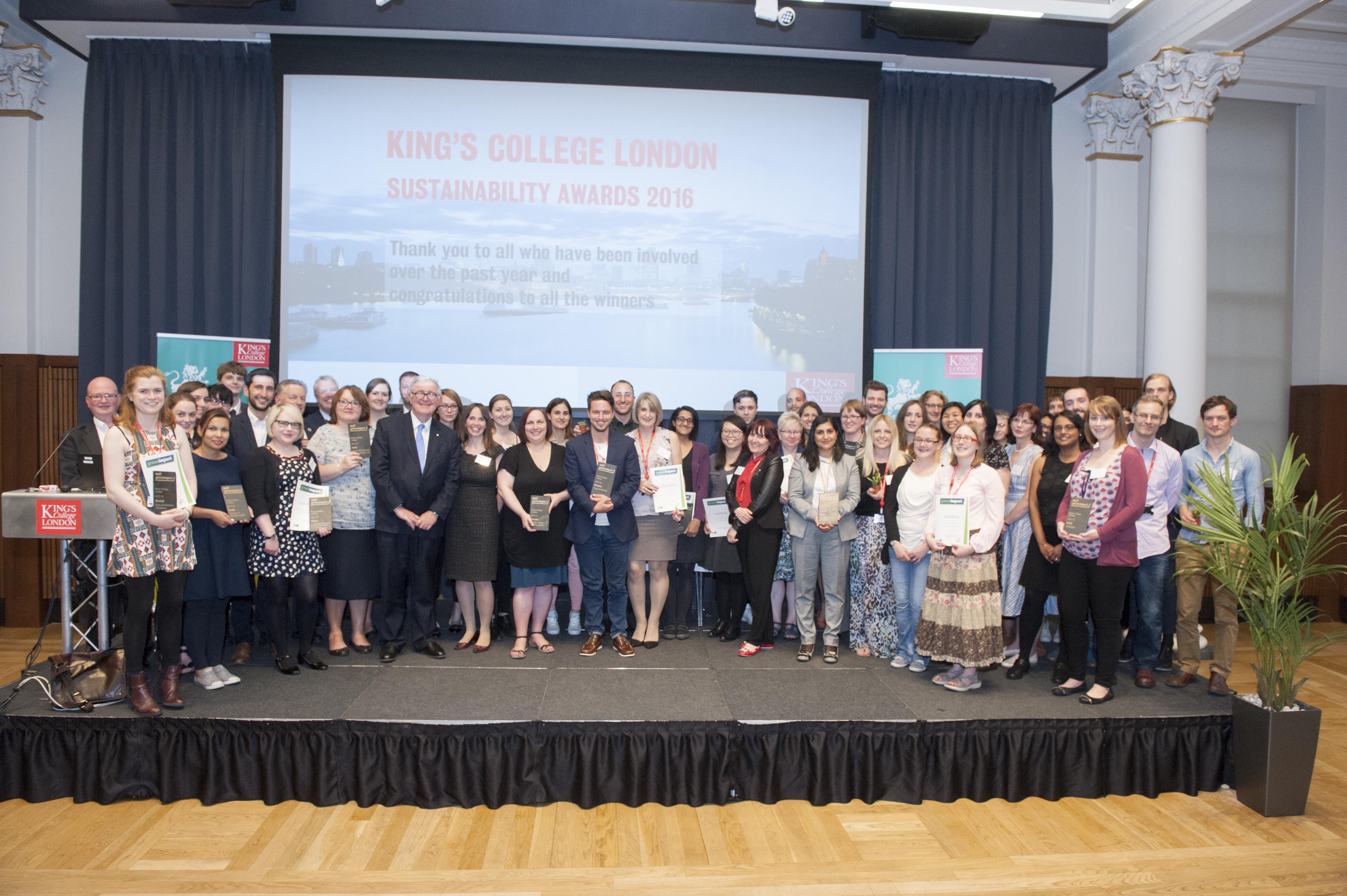
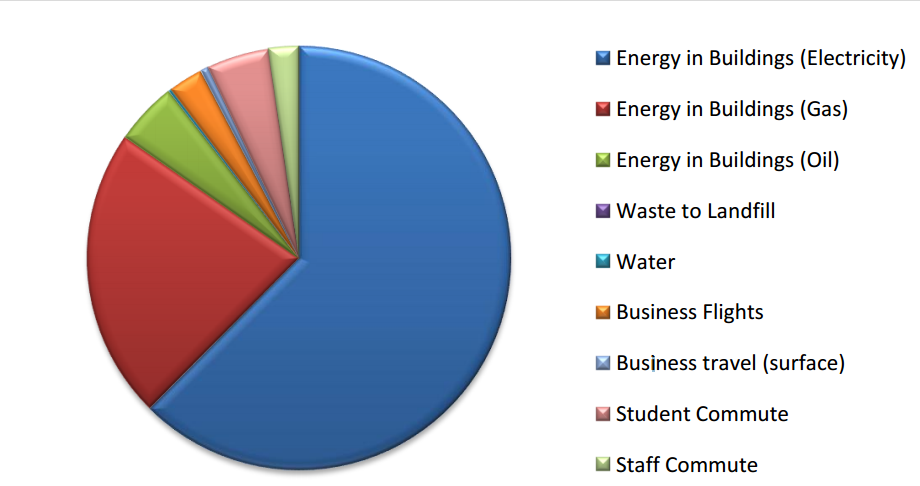





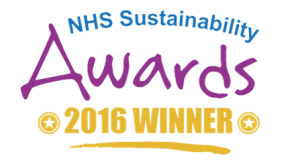
 st a quick reminder that we have the next Socially Responsible Investment Review Committee Forum tomorrow evening from 5pm to 7pm. It will be at S-2.08 at the Strand campus and will be an opportunity to hear what is happening in the world of King’s investment policy which involves ethical and sustainability issues such as fossil fuel companies. This is also a chance to have your voice heard on the topic.
st a quick reminder that we have the next Socially Responsible Investment Review Committee Forum tomorrow evening from 5pm to 7pm. It will be at S-2.08 at the Strand campus and will be an opportunity to hear what is happening in the world of King’s investment policy which involves ethical and sustainability issues such as fossil fuel companies. This is also a chance to have your voice heard on the topic.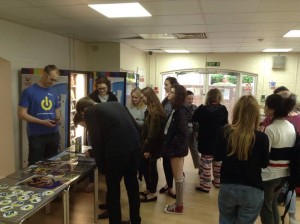
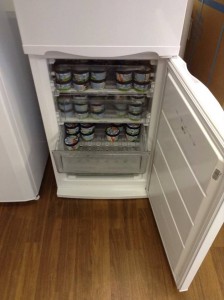

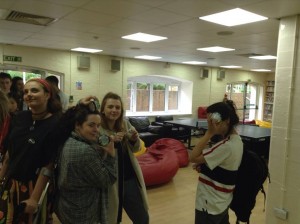
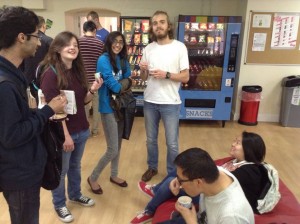
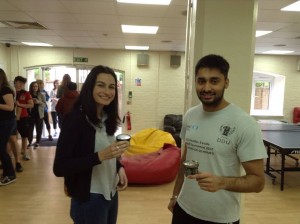

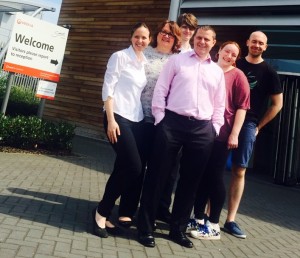

 each year for an award promoting an environment of commitment to sustainability.
each year for an award promoting an environment of commitment to sustainability.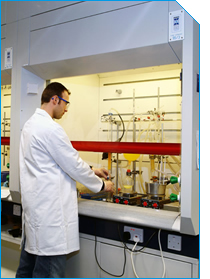 Fume Cupboard Management Policy
Fume Cupboard Management Policy among other institutions such as UCL who have been very successful with the system
among other institutions such as UCL who have been very successful with the system